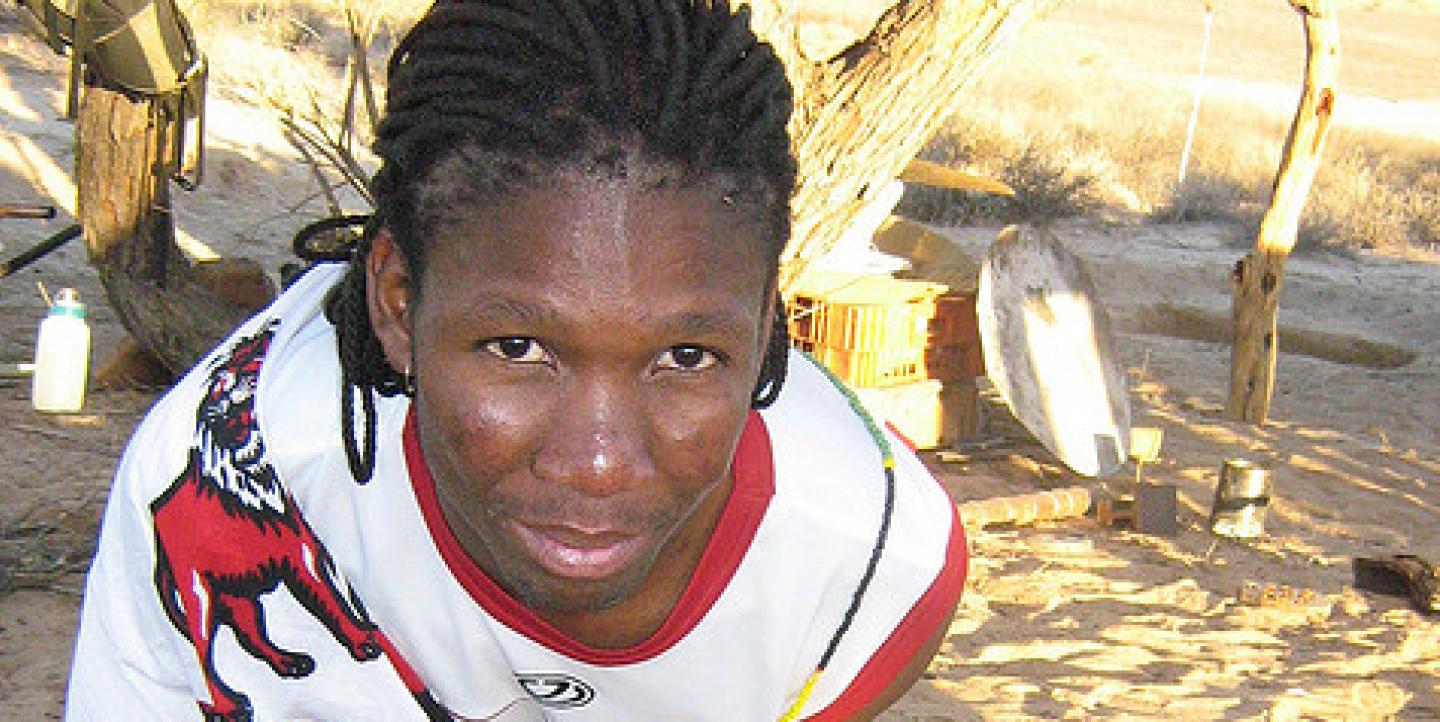Reporting on trauma takes a combination of sensitivity and savvy. An excellent new guidebook, “Covering Trauma,” produced by Radio for Peacebuilding Africa, offers comprehensive advice for understanding the effects of trauma, reporting sensitive stories and writing about trauma. Here are five of its tips:
For interviews with trauma victims:
Let your subject set the ground rules
“Let them decide where they want to meet for an interview, and where they want to sit. Be diligent about where you sit: Don’t block a trauma survivor’s path to the door or otherwise seem like an obstacle.”
Don’t pretend that your story will give your subject a solution. There isn't one.
“Unlike traditional journalism, your story will never satisfactorily answer the question ‘Why did this happen?’ You may find experts who can explain political or economic causes for war or violence, or psychologists who study why men abuse women, for example. But for individuals or communities who have survived something horrible, you can never explain why it happened to them. This is an existential question they will be asking for the rest of their lives.”
Avoid the language of blame.
“If a woman says she was raped on the road late at night, don’t ask her, ‘Why were you out late at night, anyway?’ If a child was abducted when getting water alone, don't ask him, ‘Why did you go get water alone?’ Researchers have found that these questions can cause psychological damage to survivors, because the questions imply that the trauma is the survivor's fault.
For writing and producing stories about trauma:
Choose details because they advance the story, not because they are shocking.
“The best journalists know how to spin a good yarn, and often audiences appreciate stories full of details. But in trauma journalism, details can turn against the story – and the people in it.
Very rarely is the choice, ‘Should I use this detail?’ Instead, the choices are about how to use quotes, information, data and details in the most sensitive and responsible way.”
Communicate with your sources before your story is published or goes on the air.
“They should know what day and time the story will appear and what information from your interviews you are including. This is a courtesy for anyone you interview, but it’s essential with trauma survivors” who are trying to regain a sense of control over their lives.
The Radio for Peacebuilding Africa (RFPA) Guidebook, "Covering Trauma" was developed by Jina Moore, an independent multimedia journalist who specializes in Africa and in post-conflict and human rights reporting. It provides concrete tips on how to carry out interviews in difficult situations, and framing stories so as to protect victims and not sensationalize violence. The guide also explores how journalism can help communities heal after trauma.
To download the guidebook, click here.


